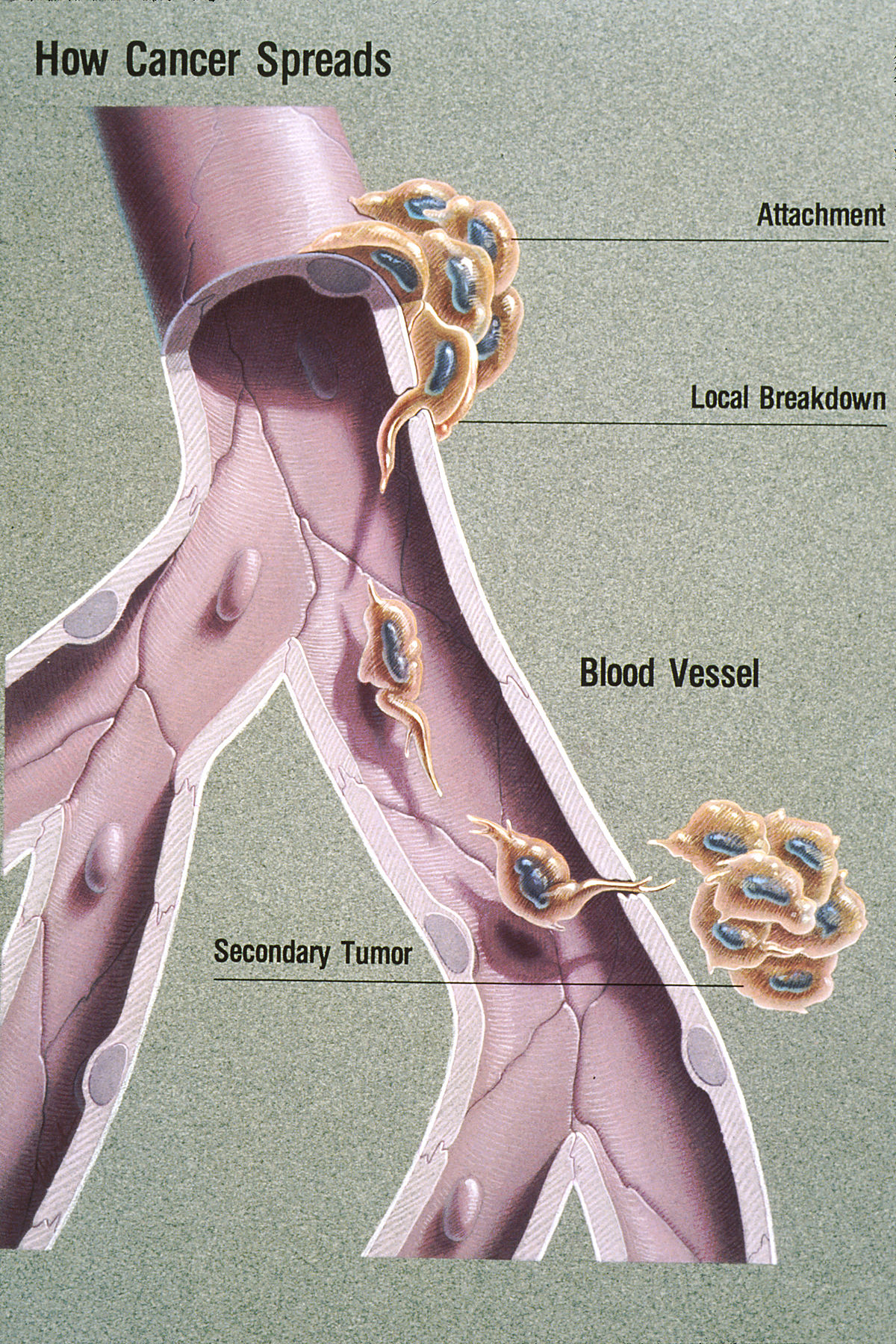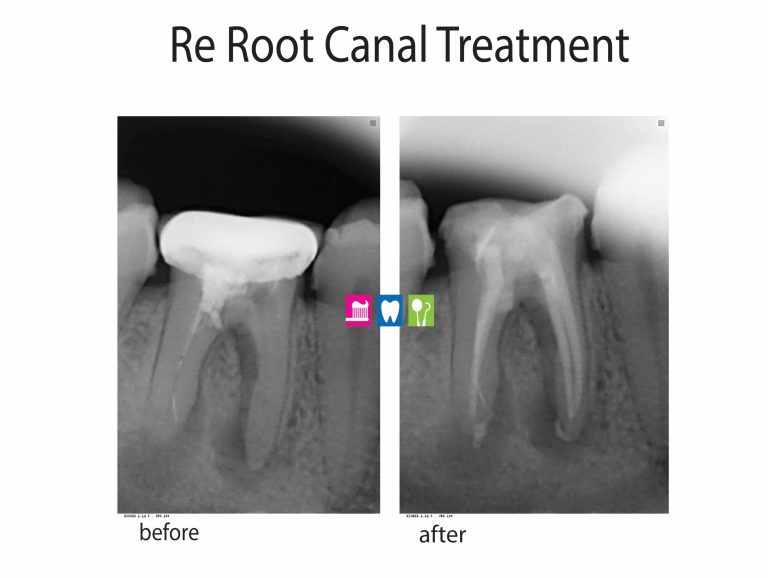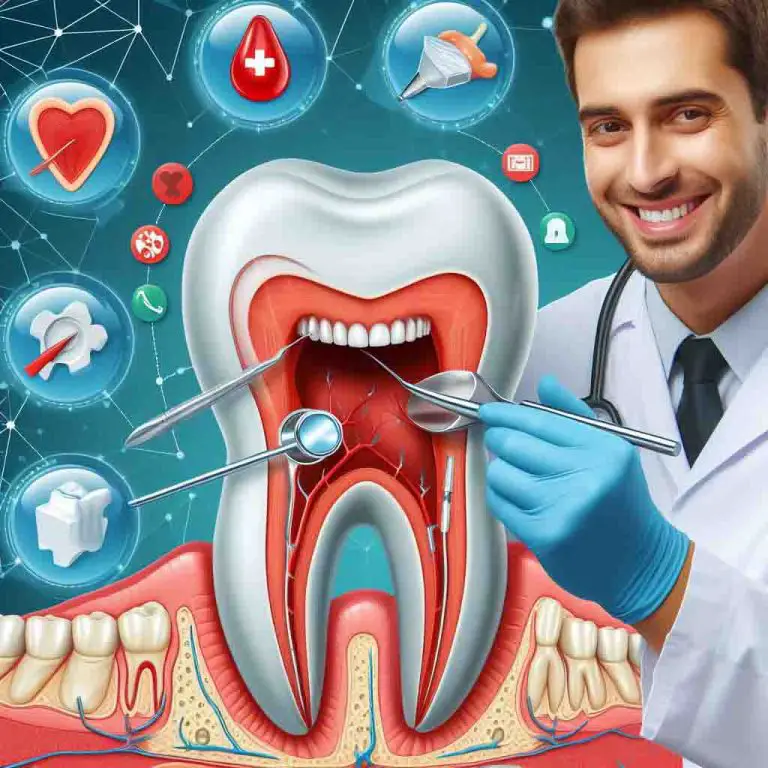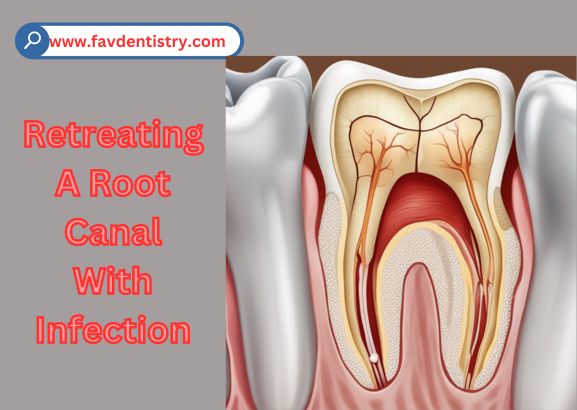Last Updated on 1 week by DR. ALBIN SIPES
A bad root canal can cause swollen lymph nodes. Swollen lymph nodes are a possible consequence of a poorly done root canal procedure.
Swollen lymph nodes are a common indication of an infection or inflammation in the body. When a root canal is done improperly, it can lead to a persistent infection in the tooth, which can then spread to the surrounding tissues.
This infection triggers the body’s immune response, causing the lymph nodes to become swollen or enlarged. Swollen lymph nodes are typically tender to the touch and can be accompanied by other symptoms such as pain, fever, or drainage from the affected tooth. If you notice swollen lymph nodes after having a root canal, it is important to seek dental care to address the underlying issue and prevent further complications.

Credit: en.wikipedia.org
Understanding Lymph Nodes And Their Importance
Lymph nodes play a crucial role in our immune system, and understanding their importance is essential. These small, bean-shaped glands are located throughout the body, concentrated in areas like the neck, armpits, and groin. Lymph nodes act as filters, removing waste, toxins, and harmful pathogens from the lymphatic fluid.
When infections or inflammation occur nearby, lymph nodes respond by producing more immune cells to fight off the invaders. Swollen lymph nodes can be a sign that the immune system is actively working to combat an infection or inflammation. So, can a bad root canal cause swollen lymph nodes?
While rare, it is possible. Infections from a poorly done root canal can spread, leading to swelling in nearby lymph nodes. If you experience persistent swollen glands after a root canal, it’s important to consult with a healthcare professional for proper diagnosis and treatment.
Root Canal Procedure: Potential Triggers For Swollen Lymph Nodes
A bad root canal can potentially lead to swollen lymph nodes due to complications of the procedure. The root canal treatment involves removing infected dental pulp and filling the root canal with a dental material. However, if the procedure is not done properly, it can result in lingering infection or irritants, triggering the body’s immune response and leading to swollen lymph nodes.
These lymph nodes are part of the immune system and can become inflamed when there is an infection or inflammation in the surrounding area. Dental infections, including those that may occur after a root canal, can stimulate the lymph nodes to swell as they work to fight off the bacteria or irritants.
If you experience swollen lymph nodes after a root canal, it’s important to consult with your dentist or endodontist for an evaluation and appropriate treatment.
The Link Between Infection And Swollen Lymph Nodes
Infection from a bad root canal can potentially lead to swollen lymph nodes. Understanding how this infection spreads from the oral cavity is important in recognizing the link between it and swollen lymph nodes. Dental infections can cause bacteria to enter the lymphatic system, resulting in the swelling of nearby lymph nodes.
Common symptoms and signs of swollen lymph nodes due to dental infections include tenderness and pain in the affected area, inflammation, and the presence of pus or abscesses. It’s crucial to address any dental infection promptly to prevent further complications and to ensure proper treatment.
Regular dental check-ups and good oral hygiene practices can help minimize the risk of dental infections and subsequent swollen lymph nodes.
The Impact Of Bad Root Canal On Lymph Nodes
A bad root canal can potentially lead to swollen lymph nodes due to the impact it has on the body. Bacteria play a major role in causing inflammation in these lymph nodes. When a root canal is not performed properly, it can contribute to localized infections, which can then lead to lymph node swelling.
Factors such as poor oral hygiene and a weakened immune system can increase the risk of experiencing swollen lymph nodes after a root canal. It is important to address any issues with a root canal promptly to prevent further complications and ensure the overall health of the body.
Regular dental check-ups and practicing good oral hygiene are essential in maintaining oral health and preventing such complications.
Seeking Treatment For Swollen Lymph Nodes After A Bad Root Canal
Swollen lymph nodes can occur after a bad root canal, indicating potential complications. Medical attention should be sought if lymph nodes remain swollen for an unusually long time as it may signal an underlying issue. Diagnostic tests, such as imaging or a biopsy, help identify the root cause.
These tests enable healthcare professionals to determine the appropriate treatment options for the root canal-related lymphadenopathy. The treatment may involve addressing the infection, such as prescribing antibiotics or performing a corrective procedure on the root canal. It is crucial to consult a healthcare provider to ensure a proper diagnosis and receive the necessary treatment for swollen lymph nodes after a bad root canal.
Remember to seek professional advice promptly to prevent further complications and promote optimal oral health.
Prevention Tips And Good Dental Practices
A bad root canal can potentially lead to swollen lymph nodes, emphasizing the importance of good oral hygiene. Maintaining healthy teeth and gums through regular brushing, flossing, and using mouthwash is crucial. Additionally, scheduling regular dental check-ups is essential in preventing complications and identifying any potential dental infections early on.
By following these preventive tips and implementing good dental practices, individuals can reduce the risk of experiencing swollen lymph nodes due to a bad root canal. Taking care of oral health is an integral part of overall well-being, and it is necessary to prioritize proper dental care to avoid potential issues.
Keep your teeth and gums healthy, and stay proactive in dental maintenance for a healthier smile and a reduced likelihood of swelling lymph nodes.
Frequently Asked Questions On Can A Bad Root Canal Cause Swollen Lymph Nodes
Can A Bad Root Canal Cause Swollen Lymph Nodes?
Yes, a bad root canal can cause swollen lymph nodes. When an infection is not properly treated during a root canal, the bacteria can spread to the surrounding tissues, leading to inflammation and swelling of the lymph nodes.
What Are The Symptoms Of Swollen Lymph Nodes After A Root Canal?
Symptoms of swollen lymph nodes after a root canal may include pain or tenderness in the affected area, swelling or lumps in the lymph nodes, redness or warmth around the lymph nodes, and fever or chills. It is important to seek medical attention if these symptoms occur.
How Can I Reduce Swelling In My Lymph Nodes After A Root Canal?
To reduce swelling in lymph nodes after a root canal, you can apply a warm compress to the affected area, take over-the-counter pain relievers, practice good oral hygiene, and avoid smoking or alcohol consumption. If the swelling persists, it is recommended to consult your dentist or healthcare provider.
When Should I Be Concerned About Swollen Lymph Nodes After A Root Canal?
You should be concerned about swollen lymph nodes after a root canal if the swelling persists for more than two weeks, is accompanied by severe pain or difficulty swallowing, or if you experience other symptoms like night sweats, unexplained weight loss, or persistent fatigue.
In such cases, it is important to seek medical evaluation.
How Long Does It Take For Swollen Lymph Nodes To Go Away After A Root Canal?
The duration for swollen lymph nodes to go away after a root canal can vary depending on the individual and the severity of the infection. In most cases, the swelling will subside within a few weeks with proper treatment and follow-up care.
However, it is recommended to consult your dentist or healthcare provider for a more accurate assessment.
Conclusion
To summarize, a bad root canal can indeed cause swollen lymph nodes, as the infection in the tooth can spread to the surrounding tissues. Swollen lymph nodes are a sign that your body is fighting off the infection. It’s crucial to address the issue promptly to prevent further complications.
If you notice any unusual swelling, pain, or discomfort after undergoing a root canal, it’s essential to consult your dentist right away. They will be able to assess the situation and provide appropriate treatment options. Taking good care of your oral health and practicing proper dental hygiene can go a long way in preventing the need for a root canal.
Remember to schedule regular dental check-ups to catch any potential issues early on. Your dentist is your partner in maintaining a healthy, infection-free smile.







